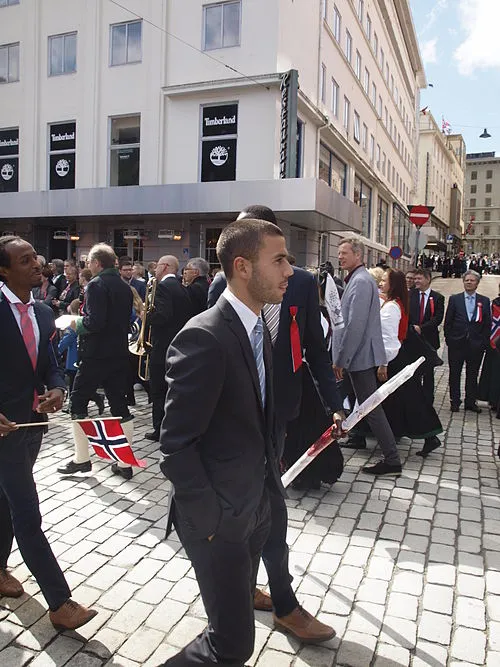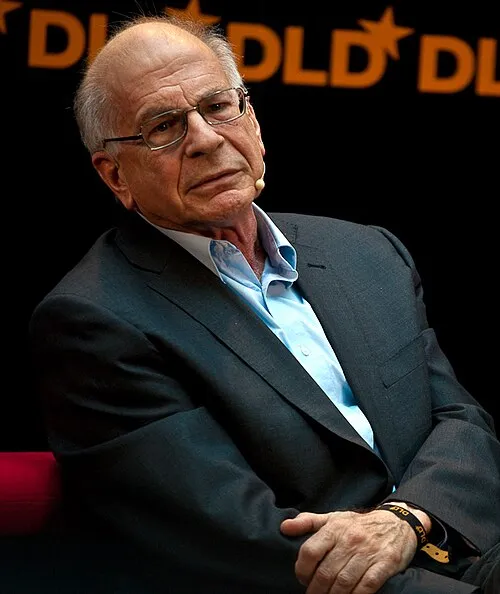In 2023, a tragic mass shooting at the Covenant School in Nashville, Tennessee, results in the deaths of seven individuals, including the shooter. Discover more about this incident and its impact on the community.
On March 27
14
Important Days
48
Important Events
395
Births and Deaths
recorded.
Holidays and Occasions
Events
Births and Deaths

Understanding Armed Forces Day in Myanmar: A Tribute to the Nation's Protectors
Armed Forces Day, known locally as Tatmadaw Nay, is a significant national holiday in Myanmar, celebrated annually on March 27th. This day honors the resilience and dedication of the Myanmar Armed Forces (Tatmadaw) in safeguarding the nation's sovereignty and peace...

Day of the Union of Bessarabia with Romania: Historical Significance and Cultural Impact
The Day of the Union of Bessarabia with Romania, celebrated on March 27, holds significant historical importance for both Romanian and Moldovan identities. This day commemorates the union of Bessarabia, a historical region, with the Kingdom of Romania in 1918...

Celebrate World Theatre Day: The Art of Performance and Its Global Impact
Every year on March 27, the international community comes together to honor the art of theatre through World Theatre Day. Established in 1961 by the International Theatre Institute (ITI), this day serves as a platform to promote awareness about the importance of theatre in our lives and to acknowledge its role in uniting people across cultures and generations...

Easter Celebrations in the Palmarian Church: Understanding Their Unique Traditions
Easter is a significant event in the Christian calendar, symbolizing the resurrection of Jesus Christ. For members of the Palmarian Church, known for its unique traditions and teachings, Easter holds a particularly profound meaning...

Alexander: The Pannonian Soldier and Martyr of the 3rd Century
In the heart of ancient Rome, during a time of political turmoil and religious transformation, a brave soldier named Alexander emerged from the region of Pannonia, a vibrant area located in modern-day Hungary and surrounding countries. His story, deeply rooted in faith and sacrifice, has inspired generations and serves as a poignant reminder of the trials faced by early Christians...

Discovering Amadora: A Hidden Gem of Portugal
Amadora, often overshadowed by Lisbon, is one of the most intriguing cities in Portugal. Located just northwest of the capital, this vibrant urban center is steeped in history, culture, and modern development...

Exploring Augusta of Treviso: A Hidden Gem in Italy
Nestled in the picturesque region of Veneto, Augusta of Treviso is a historical and cultural treasure that offers a unique glimpse into Italy's rich past. This ancient town, founded by the Romans, boasts a blend of history, art, and architecture that makes it a must-visit destination for travelers and history enthusiasts alike...

Charles Henry Brent: A Pioneering Leader in the Episcopal Church
Charles Henry Brent (1862-1929) was an influential figure in the Episcopal Church in the United States, known for his dedication to social justice, missionary work, and ecumenism. As a bishop, his leadership helped shape the modern Episcopal Church, guiding it through a period of profound change and expansion...

Gelasius: The Influential Archbishop of Armagh
The history of Ireland is rich with influential religious leaders, and Gelasius, Archbishop of Armagh during the late 11th and early 12th centuries, is a noteworthy figure in this lineage. This article explores his contributions to the church, his political influence, and his lasting legacy...

John of Egypt: A Pillar of Early Christian Mysticism
John of Egypt, also known as Saint John the Dwarf, is a prominent figure in early Christian monasticism. His life and teachings have deeply influenced the practices of asceticism and spirituality within the Christian faith...

Exploring Philetus: A Historical and Cultural Perspective
Philetus is a name that resonates through the annals of history, often associated with various figures and themes in ancient literature and philosophy. This article delves into the importance of Philetus, exploring its historical significance, the notable individuals bearing the name, and its cultural implications...

Romulus of Nîmes: The Martyr Abbot and His Legacy
Romulus of Nîmes, a revered Benedictine abbot, is best remembered for his unwavering faith and martyrdom around the year 730. His life and sacrifices left a deep imprint on the Christian community, particularly in the Languedoc region of France, where he served as an abbot of the Benedictine monastery in Nîmes...

The Legacy of Rupert of Salzburg: Apostle of Bavaria
Rupert of Salzburg, known as St. Rupert, is a significant figure in the history of Christianity in Europe, especially in Bavaria and Austria...

Exploring the Tales of Zanitas and Lazarus of Persia
Throughout history, tales of valor, intrigue, and cultural richness have emerged from various regions. Among these is the captivating narrative of Zanitas and Lazarus of Persia, figures who embody the blend of spiritual significance and historical intrigue...





























